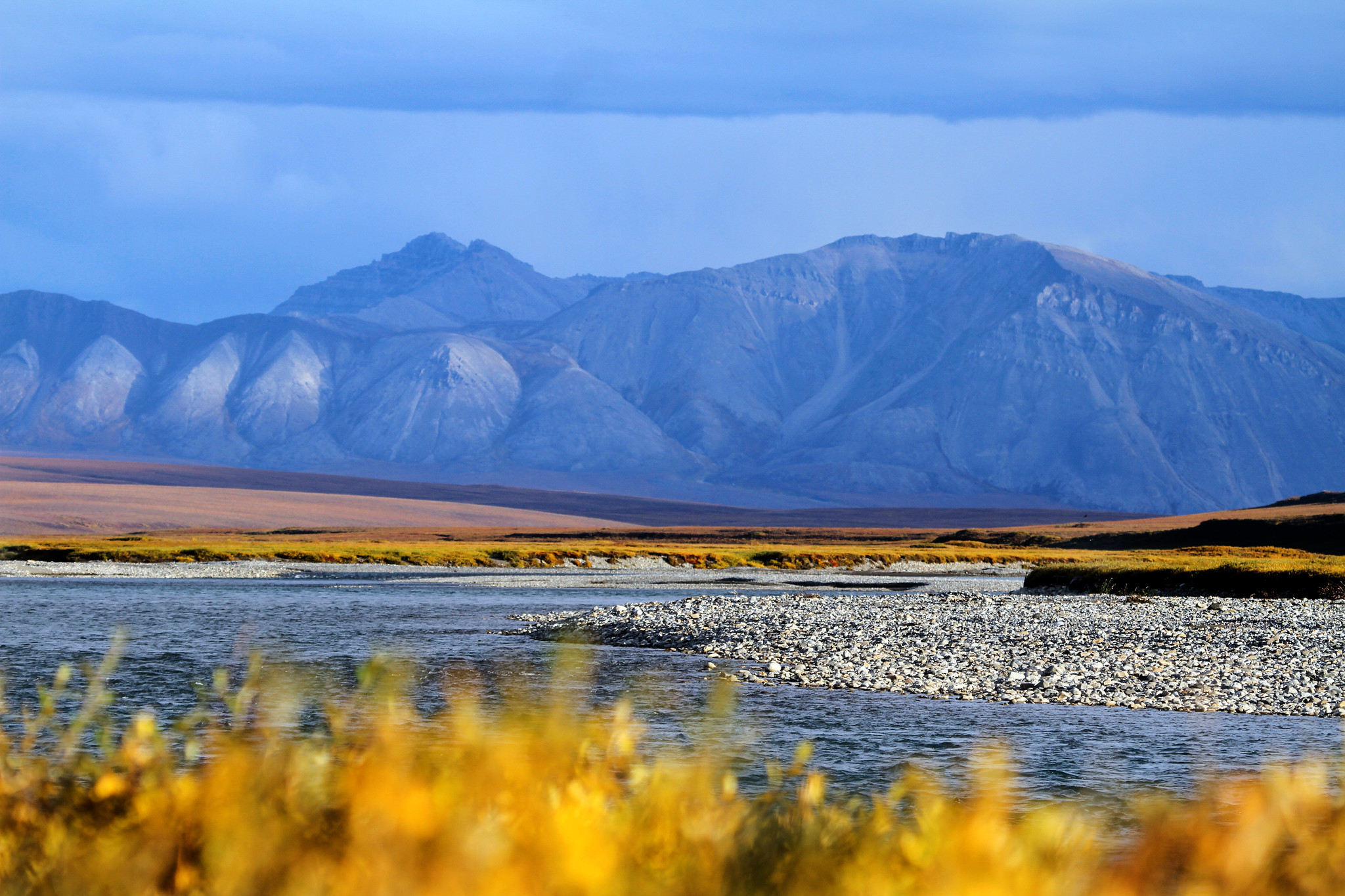Trump administration holds oil lease sale for Alaska wildlife refuge Wednesday
The move comes as the Trump administration seeks to secure several oil and gas development projects in its final days.

The Trump administration on Wednesday will open bids for oil and gas drilling leases in Alaska’s Arctic National Wildlife Refuge, despite tepid interest from the oil and gas industry and a pledge from incoming Democratic President-elect Joe Biden to protect the region.
The move is among a slew of last-minute efforts by President Donald Trump’s government to expand fossil fuel and mineral development in the United States before leaving office in two weeks, building on his years-long drive to maximize domestic production over the objections of environmentalists.
Officials from the U.S. Bureau of Land Management are scheduled to open and read bids received since late December on more than 1 million acres (4,000 square kilometers) of the refuge on Alaska’s North Slope during a live video broadcast on Wednesday.
It is unclear if the move will reverse the fortunes of Alaska’s oil production, which has been waning for decades. So far, the only clear bidder on the property, which is likely to be more costly to develop than oil acreage in the Lower 48 states, is the Alaska Industrial Development and Export Authority, an Alaska state agency.
[Alaska agency devotes $20 million to bid in controversial Arctic refuge lease sale]
The state was once the second-largest producer of U.S. crude, behind only Texas, pumping out more than two million barrels of oil per day (bpd) in the late 1980s. Last year, it averaged less than 470,000 bpd, as the development of U.S. shale regions has made other states, notably New Mexico and North Dakota, the vanguards for new development.
The sale of drilling rights is proceeding despite a last-minute effort by environmental and tribal groups to secure a court order that would have temporarily blocked the sale.
They argued that the sale would pave the way for irreparable damage to a tundra ecosystem that is vital to polar bears and caribou, and that the federal government failed to adequately analyze the climate-warming impacts from drilling in the area.
A federal judge in Alaska denied the groups’ request to block the bidding process on Tuesday.
Opening ANWR to drilling marks a win for Republican lawmakers in Alaska who have pushed for decades to open the area to oil and gas exploration to create jobs and boost state revenues, but it is unclear if the Biden administration will allow development to proceed.
White House officials would not comment on the sale.
A Biden transition team official, speaking on condition of anonymity, called the sale “the poster child for the way in which this administration is disconnected from the real needs and interests of people.”
Obstacles to development
Though the refuge’s coastal plain is estimated to contain up to 11.8 billion barrels of oil, it has no roads, established trails, or other infrastructure — factors likely to keep interest from drilling companies to a minimum.
Due to concerns about a lack of participation in the sale, the board of the Alaska Industrial Development and Export Authority held an emergency meeting two days before Christmas at which it authorized spending up to $20 million on ANWR leases.
The agency intends to partner with private companies to make sure that development moves forward, it said.
A BLM spokeswoman in Alaska, Lesli Ellis-Wouters, said the agency has “received interest” in the sale, but declined to elaborate.
The Trump administration’s plan to open the region also faces four separate lawsuits from environmentalists, native groups and Democratic-led states seeking to block energy development in the area.
Several major U.S. banks have also said they will not finance oil and gas projects in the Arctic.
Frank Macchiarola, senior vice president of policy, economics and regulatory affairs at the American Petroleum Institute trade group said developing ANWR was “an important opportunity” for U.S. energy security and jobs, but said low energy demand due to the coronavirus pandemic could hurt interest in the sale.